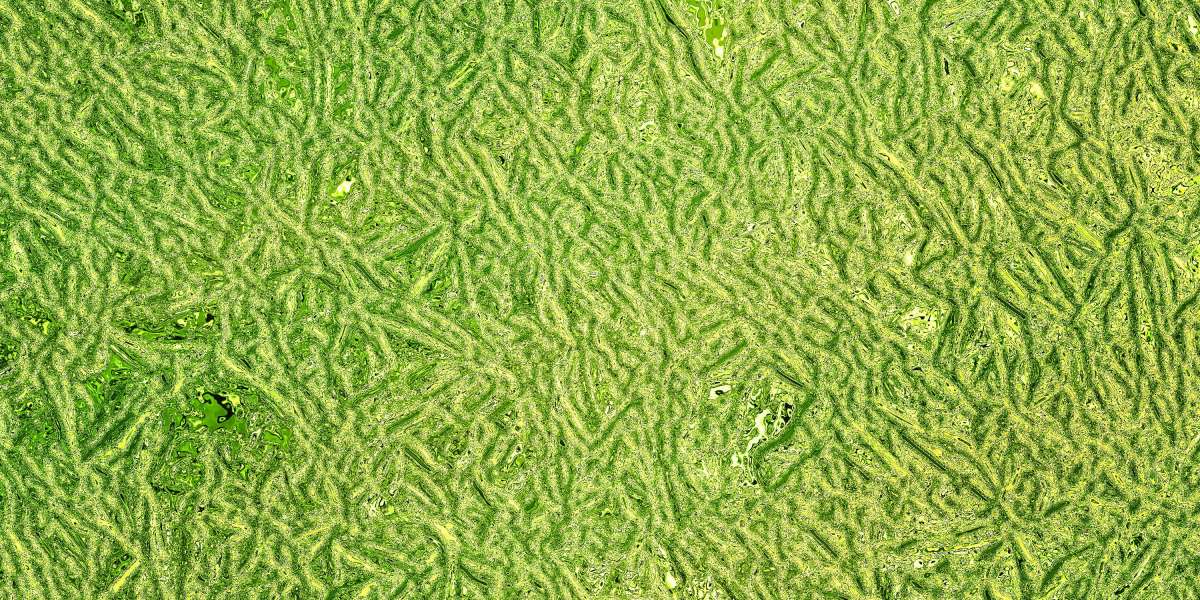Introduction
Children often struggle to express discomfort clearly, especially when it involves their eyes. Redness, itching, or watery eyes might seem minor at first but could indicate underlying allergies. Early care makes a significant difference, and that’s where a pediatric eye specialist becomes crucial. These experts understand how developing eyes respond to allergens and provide safe, effective solutions tailored to each child’s unique needs.
Parents often find themselves worried when allergy symptoms persist despite general care. Consulting the best pediatric eye specialist ensures not just treatment, but reassurance. Eye allergies can impact school performance, sleep, and quality of life. With expert guidance, children can enjoy clear vision and comfort again.
Understanding Eye Allergies in Children
Eye allergies, also known as allergic conjunctivitis, occur when the eyes react to allergens like pollen, dust mites, pet dander, or mold. These reactions can cause inflammation and irritation, making it hard for children to focus or play comfortably. Recognizing the signs early can prevent complications.
A pediatric eye specialist is trained to identify these symptoms accurately and distinguish them from infections or other eye conditions that might look similar. They take a gentle approach to examination, ensuring the child feels safe and understood throughout the process.
Common Symptoms of Eye Allergies in Children
Red or pink eyes
Irritated and inflamed blood vessels make the eyes appear red or bloodshot.Excessive tearing or watery eyes
The eyes attempt to flush out allergens, leading to constant tearing.Itching or rubbing of eyes
One of the most common signs, persistent itching, often worsens symptoms.Swollen eyelids
Inflammation due to allergy response can cause puffiness around the eyes.Light sensitivity
Children may squint or avoid bright environments due to discomfort.Discharge from the eyes
Clear, stringy discharge may appear, unlike the thick discharge from infections.
How the Best Pediatric Eye Specialist Approaches Care
The best outcomes begin with accurate diagnosis and a caring environment. The best pediatric eye specialist uses age-appropriate language and tools to gain a child’s trust. They examine not just the eyes but also the surrounding health history to understand the full picture.
Here’s how expert pediatric eye care is typically handled:
1. Detailed Allergy History Evaluation
In-depth discussion with parents about seasonal triggers, environmental factors, and family history.
Identification of patterns related to flare-ups (springtime, pets, indoor air quality).
Evaluation of any existing allergies like asthma or eczema that might correlate.
2. Comprehensive Eye Examination
Slit-lamp examination to assess the conjunctiva and eyelids.
Tear film analysis and observation of corneal health.
Use of child-friendly instruments to make the exam smooth and stress-free.
3. Differentiating Allergies from Infections
Allergies often mimic viral or bacterial conjunctivitis, but require different treatments.
A pediatric eye specialist can identify allergy-specific signs like bilateral symptoms and absence of fever.
Helps avoid unnecessary use of antibiotics, reducing long-term side effects.
4. Customized Treatment Plans
Prescription of safe, age-appropriate anti-allergy eye drops such as antihistamines or mast cell stabilizers.
Guidance on using cool compresses and lubricating drops for symptom relief.
Advice on limiting allergen exposure through lifestyle adjustments.
5. Parental Education and Follow-up
Teaching parents how to administer eye drops effectively for children.
Encouraging regular follow-ups to monitor progress or adjust treatment.
Empowering parents with home care strategies to support the child’s healing.
Home Care Tips to Support Treatment
Alongside medical care, the best pediatric eye specialist provides useful home tips to manage and prevent allergic reactions:
Keep windows closed during high pollen seasons.
Use air conditioning and HEPA filters indoors to reduce airborne allergens.Encourage frequent handwashing and avoid rubbing eyes.
Teach children not to touch their face to prevent further irritation.Wash bedding and soft toys regularly.
Reduces buildup of dust mites and allergens.Use cold compresses to relieve itching.
A clean, damp cloth gently placed over closed eyes can soothe discomfort.Limit outdoor play during peak pollen times.
Especially in early mornings and windy afternoons.
When to Seek Help Immediately
While allergies are generally manageable, certain warning signs call for immediate attention:
Sudden swelling or intense pain in the eye
Change in vision or inability to open the eyes fully
Allergies that don’t improve with standard treatment
Eye redness that spreads or worsens rapidly
Prompt attention from a pediatric eye specialist ensures that such symptoms are quickly addressed, ruling out more serious conditions like corneal ulcers or infections.
Conclusion
Every child deserves to see the world clearly and comfortably. Eye allergies, though common, should never be ignored. The gentle guidance of a pediatric eye specialist ensures that symptoms are addressed at the root, not just masked. Personalized care, patience, and child-friendly treatments can restore not just vision, but confidence and comfort in young lives.
At Maxi Vision Eye Hospital, a super speciality eye hospital, children receive compassionate, expert care from some of the best pediatric eye specialists. With advanced diagnostic tools and a warm, welcoming environment, Maxi Vision ensures that little eyes get the big care they truly need.













